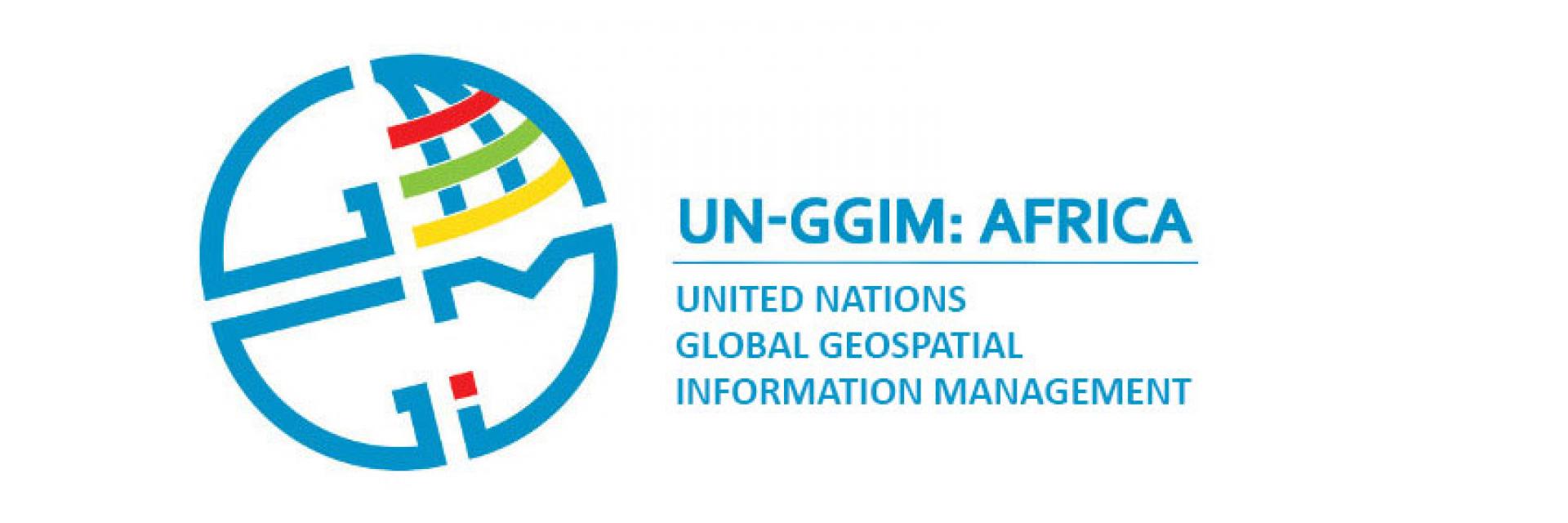Share this:
24 October, 2022 to 28 October, 2022
The Regional Committee of United Nations Global Geospatial Information Management for Africa was established to coordinate African geospatial development and to contribute to the wider global initiative. Over the past decade, the Regional Committee has adopted realistic approaches to ensure that systematic and comprehensive frameworks are put in place, along with related policies, resources and systems to make geospatial information technology easily accessible to decision-makers and the community in a coordinated way. To ensure that appropriate geospatial information products are used in decision-making, the Regional Committee supports its member States in developing a holistic vision that fosters the effective use of geospatial products and resources to address emerging global challenges and support various social and economic sectors in Africa. The roles of the Regional Committee include the following:
(a) Articulating policies and strategies with appropriate guidelines for the establishment of local, national, regional and global spatial data infrastructures and their linkages with other plans and strategies;
(b) Developing capacities and capabilities in a transformative and holistic manner with a long-term vision to increase spatial literacy, spatial awareness and navigational skills;
(c) Maintaining an authoritative data repository (fundamental and thematic), information and knowledge resources, tools, applications and services, with greater use of common standards and interoperability for metadata, naming, coordinate references, etc.;
(d) Encouraging and facilitating the integration of statistics with geospatial information to attain viable and meaningful outcomes, analysis and visualization of data to support and track progress towards the Sustainable Development Goals;
(e) Strengthening advocacy for the specific needs and interests of Africa within international mechanisms.



